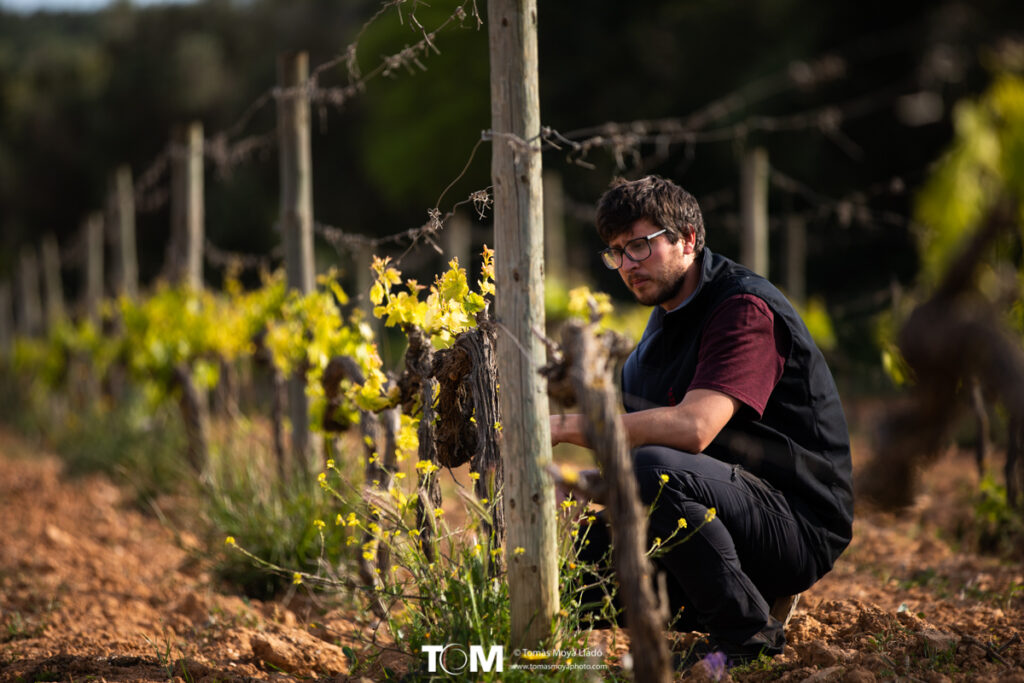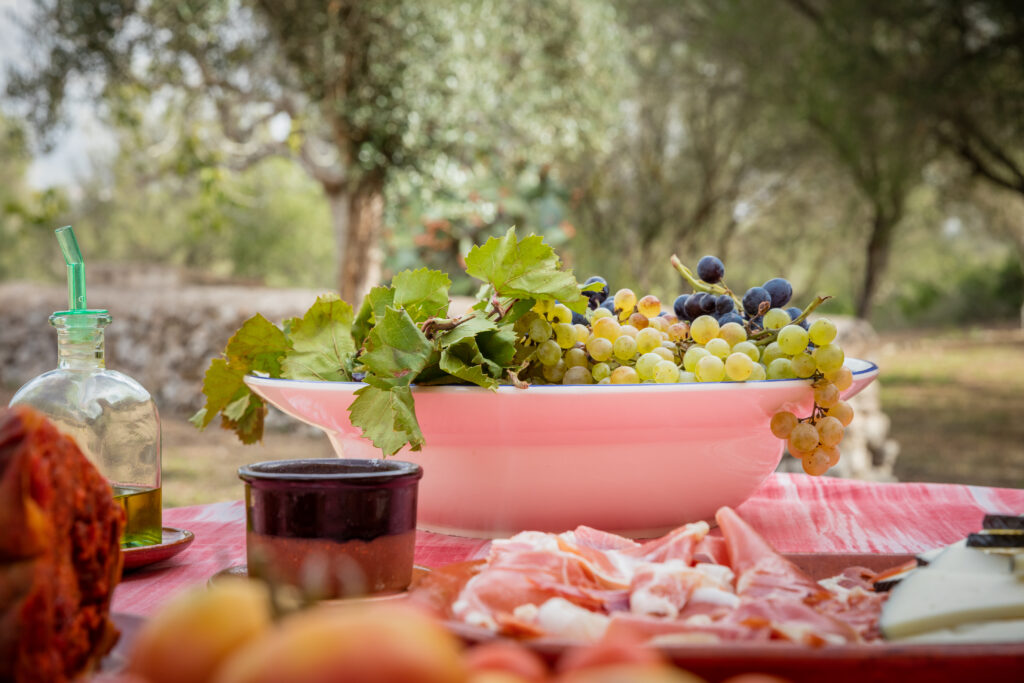PERSONAL PROJECT
Microceller Son Crespí is the personal project of two wine enthusiasts who are passionate about their work. Pere Crespí, agricultural technical engineer and oenologist, and Neus Beltran, Biologist. Both have an extensive experience in winemaking and vineyard cultivation.
The project arose from the idea of making a quality wine with local varieties to claim its place in the world of wine and prove its worth. The winery is in the Possessió de Son Crespí de Passatemps, which belongs to the Crespí family since 1528.
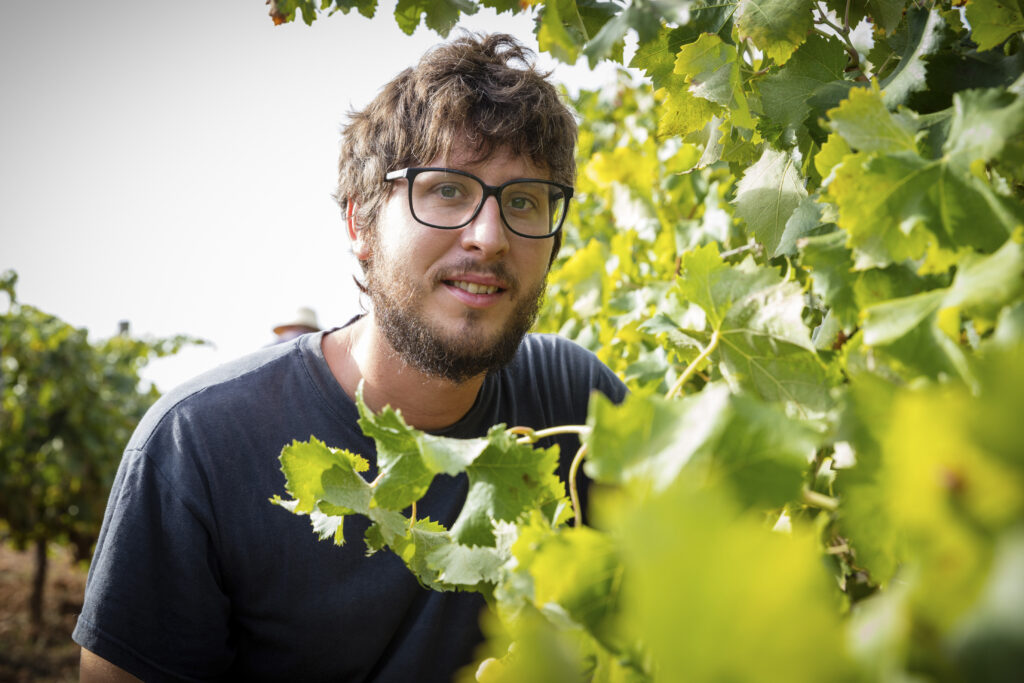
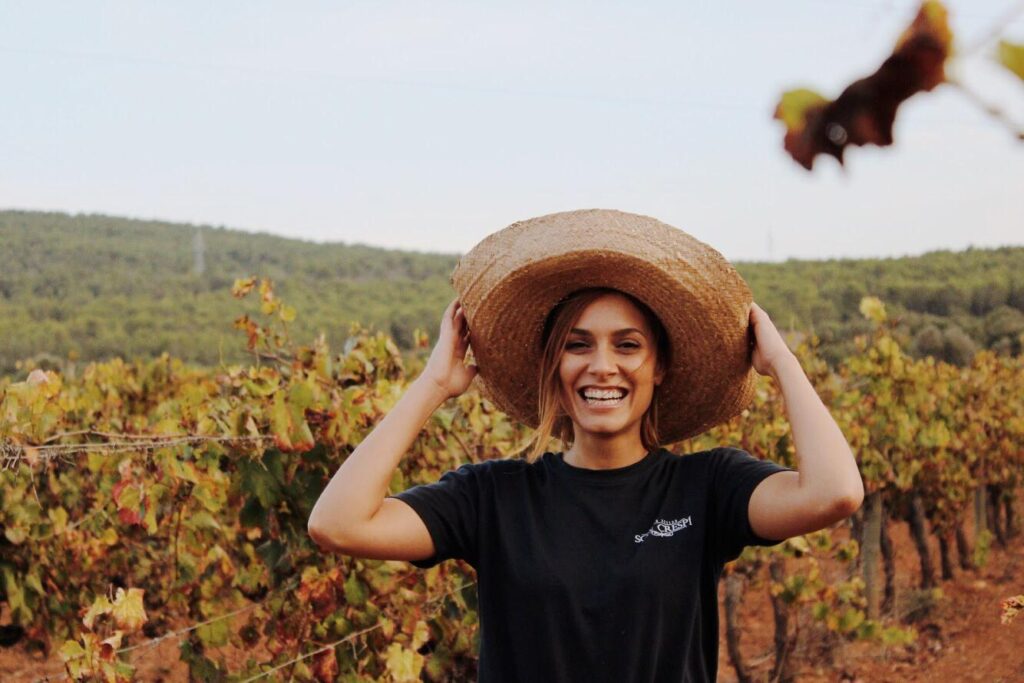
SON CRESPÍ DE PASSATEMPS
It is the family country estate where our vineyards and cellar are located. It belongs to Crespí family since 1528 and has always been closely linked to the winemaking tradition of Mallorca. Recently Pere Crespí Calafat in 2000 reconvered the cultivation of traditional varieties an opted for organic farming, the two pillars on wich we have to esablish a project.
(Mapa Mallorca)
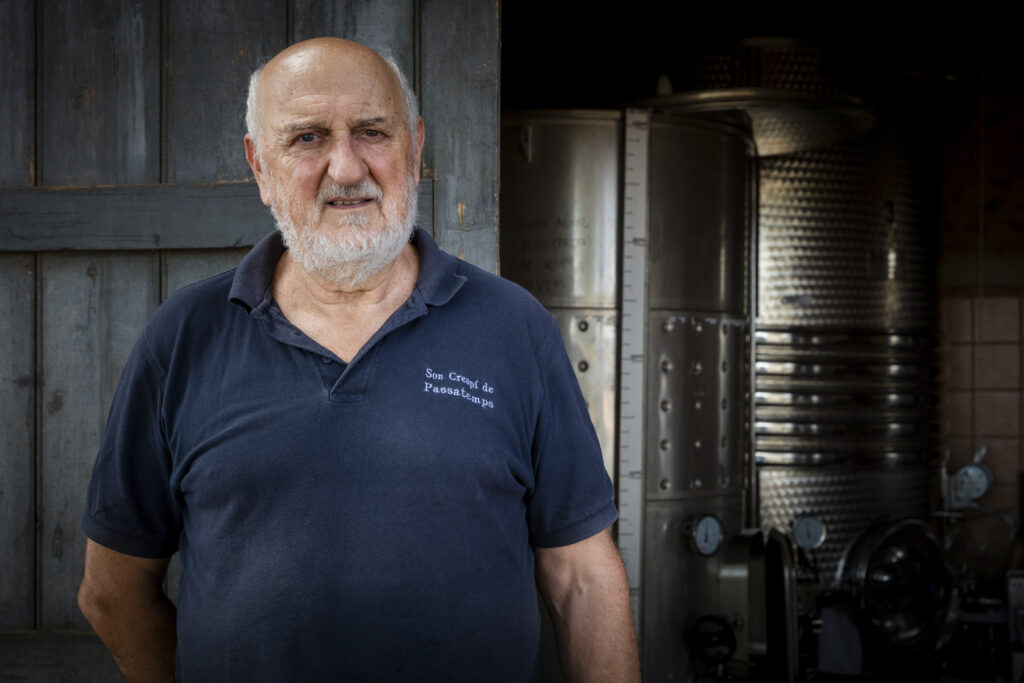
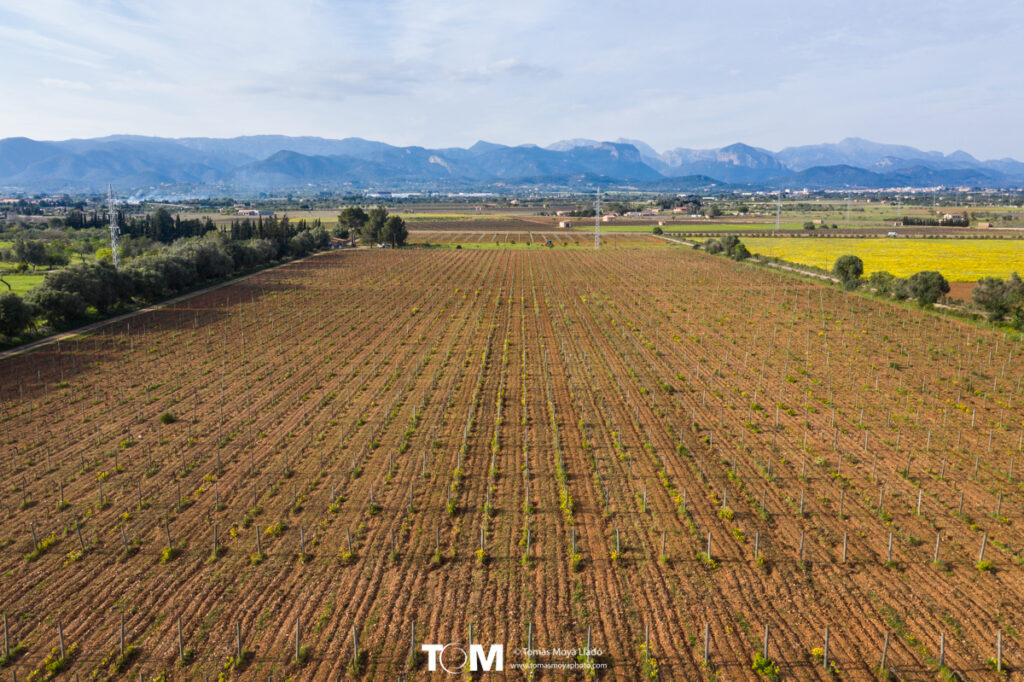
It is located in the “Raiguer” of Mallorca, specifically in Sta Maria del Camí, a land of wines, that has a privileged view of the Serra de Tramuntana. The orography of the estate and its soil populary known as call vermell, make up a terroir that makes our wines unique.


WINE ARTISANS
“Artisan is the one who exercises a manual art”
All the production processes of our wines are carried out manually, from pruning to labelling. That is why the Consell de Mallorca has awarded us the letter of Master craftsman.
Our wine is our work, each bottle passes through our hands more than once to take care of all the details and thus guarantee the highest quality, this makes our wines unique and differentiates us from the rest.
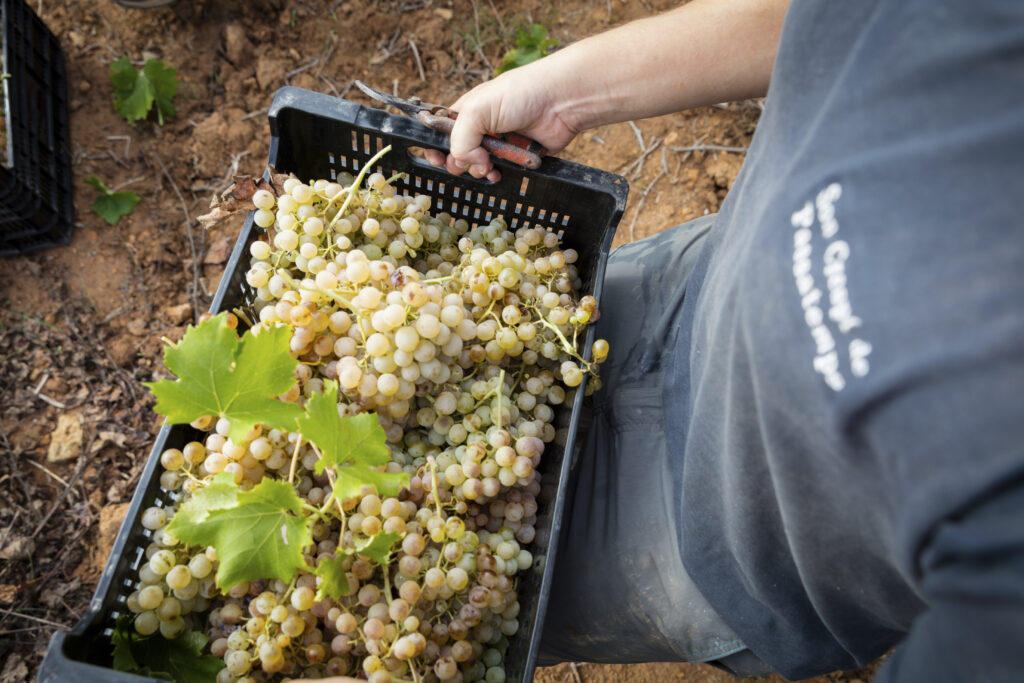
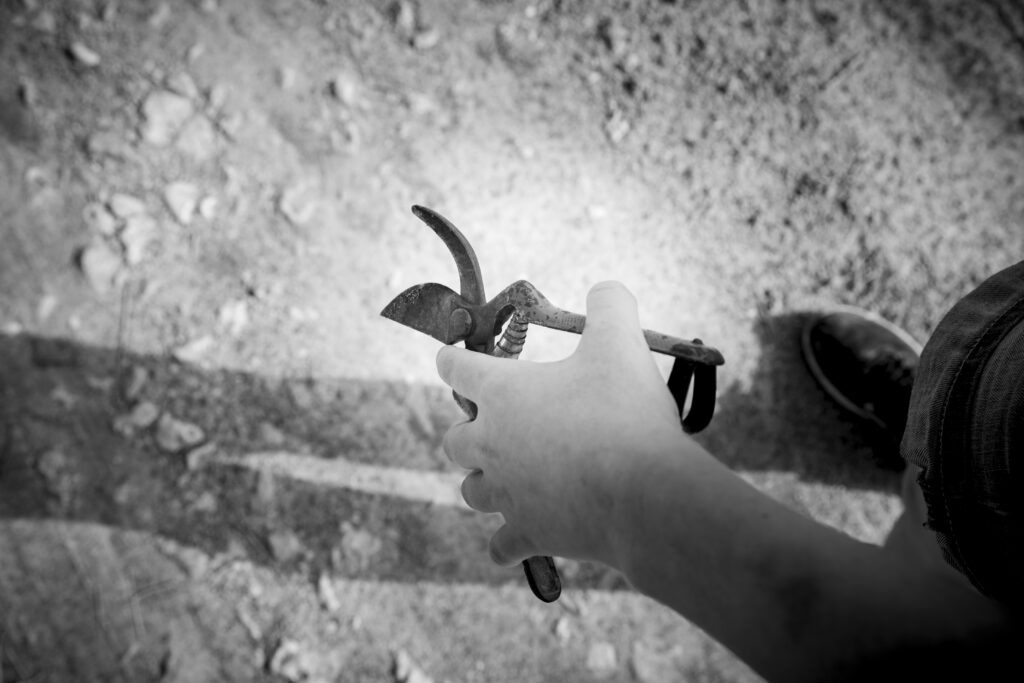
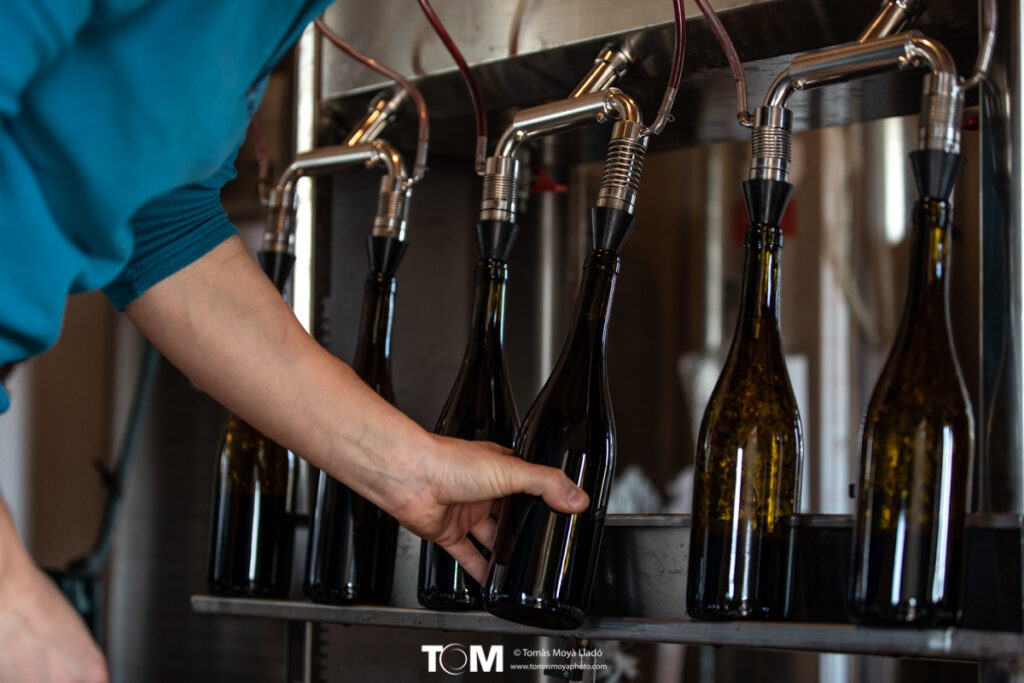
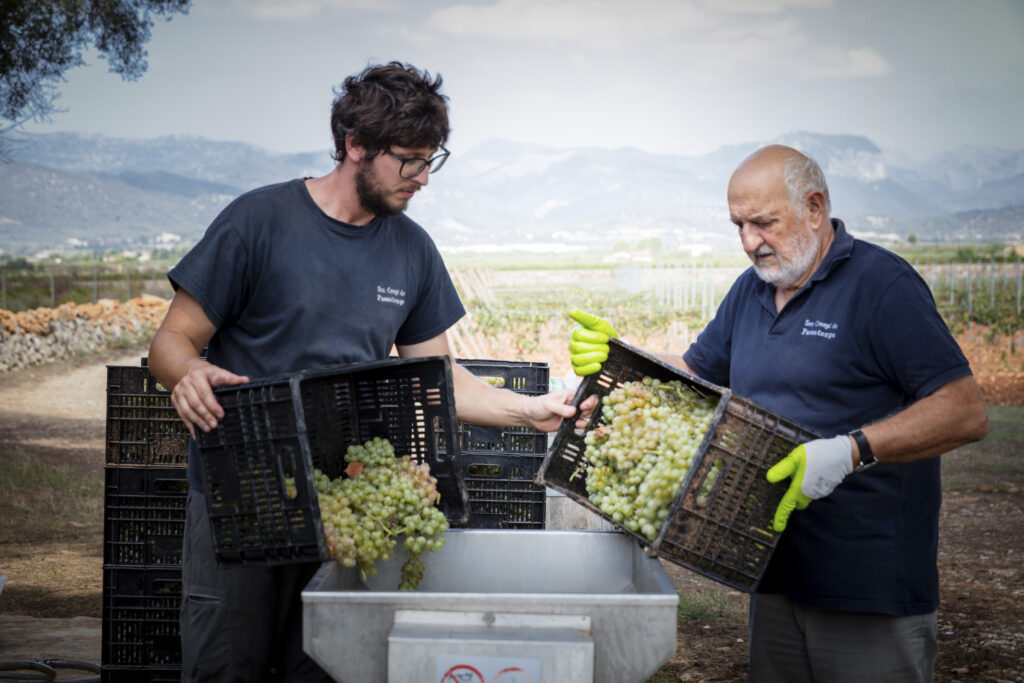
ECOLOGICAL
We understand organic farming as the only way to take care of the land in order to preserve biodiversity and transmit our legacy to the future generations, a fertile an rich soil. Organic farming cannot be conceived without sustainability, which is why our production is “micro” and we operate with renewable energies. The cultivation of native or local varieties, enables its dry cultivation, and thus be able to minimize the consumption of water, a scarce and precious
asset in our Islands.
The maintenance of biodiversity is indispensable for the cultivation against pests and the structuring of the soil, so we allow spontaneous vegetation to grow in winter and maintain different types of crops on the farm, such as wild olive, almond trees and carob trees, both Mediterranean.
